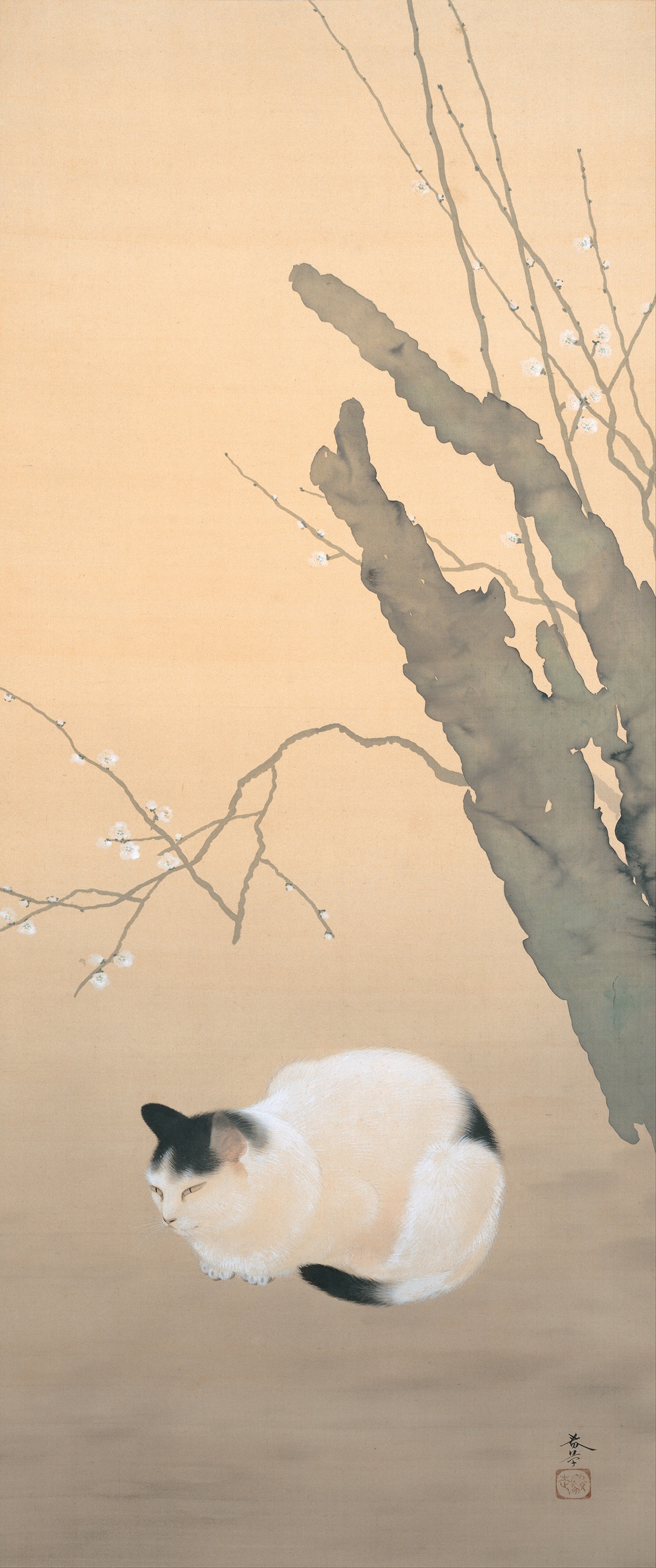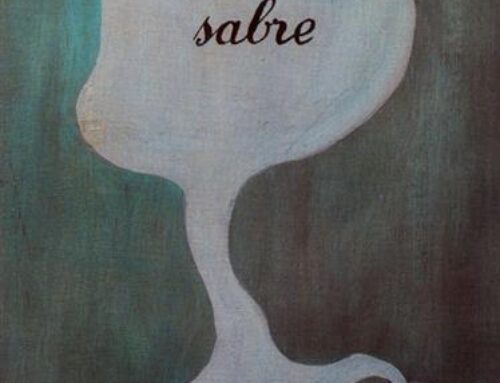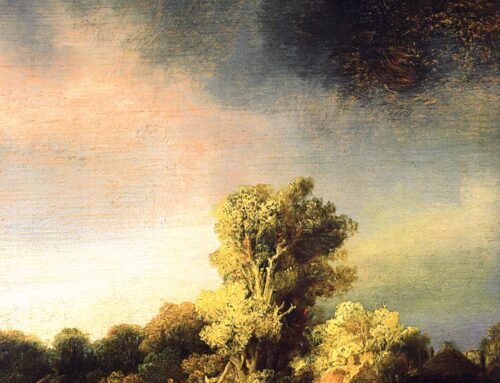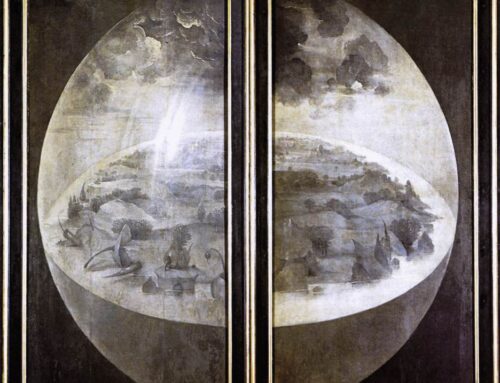Flowers, humanity, and the use of the useless: what we can learn from what we easily overlook.
In the trembling grey of a spring dawn, when the birds were whispering in mysterious cadence among the trees, have you not felt that they were talking to their mates about the flowers? Surely with mankind the appreciation of flowers must have been coeval with the poetry of love. Where better than in a flower, sweet in its unconsciousness, fragrant because of its silence, can we image the unfolding of a virgin soul? The primeval man in offering the first garland to his maiden thereby transcended the brute. He became human in thus rising above the crude necessities of nature. He entered the realm of art when he perceived the subtle use of the useless.
In joy or sadness, flowers are our constant friends. We eat, drink, sing, dance, and flirt with them. We wed and christen with flowers. We dare not die without them. We have worshipped with the lily, we have meditated with the lotus, we have charged in battle array with the rose and the chrysanthemum. We have even attempted to speak in the language of flowers. How could we live without them? It frightens one to conceive of a world bereft of their presence. What solace do they not bring to the bedside of the sick, what a light of bliss to the darkness of weary spirits? Their serene tenderness restores to us our waning confidence in the universe even as the intent gaze of a beautiful child recalls our lost hopes. When we are laid low in the dust it is they who linger in sorrow over our graves.
Sad as it is, we cannot conceal the fact that in spite of our companionship with flowers we have not risen very far above the brute. Scratch the sheepskin and the wolf within us will soon show his teeth. It has been said that man at ten is an animal, at twenty a lunatic, at thirty a failure, at forty a fraud, and at fifty a criminal. Perhaps he becomes a criminal because he has never ceased to be an animal. Nothing is real to us but hunger, nothing sacred except our own desires. Shrine after shrine has crumbled before our eyes ; but one altar for ever is preserved, that whereon we burn incense to the supreme idol,—ourselves. Our god is great, and money is his Prophet! We devastate nature in order to make sacrifice to him. We boast that we have conquered Matter and forget that it is Matter that has enslaved us. What atrocities do we not perpetrate in the name of culture and refinement!
Okakura Kakuzo, The Book of Tea, 1906
On the uselessness of the humanities, see also here









Leave A Comment